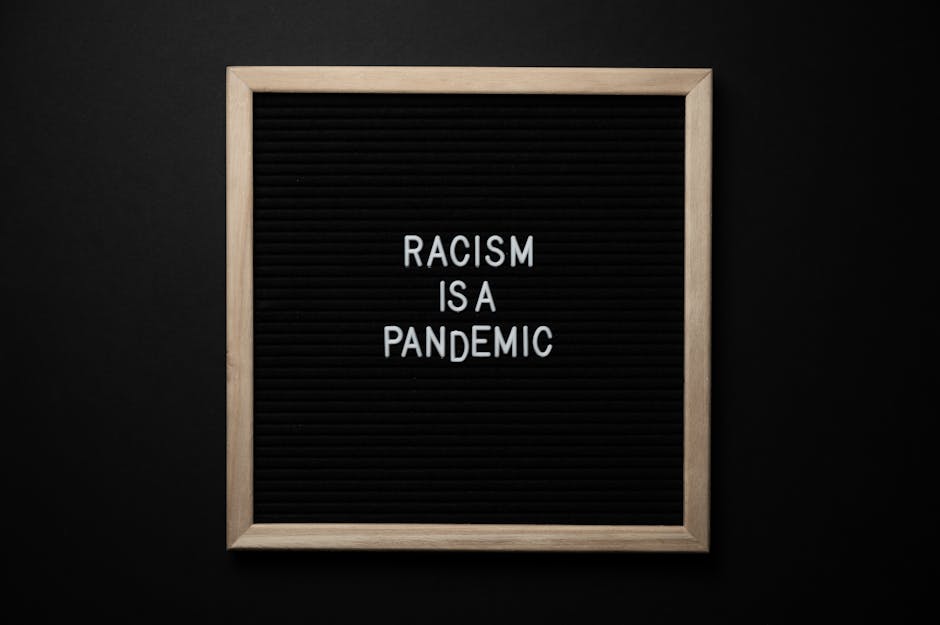
Crisis Response Plans
In today's fast-paced and unpredictable world, it is crucial for organizations to have effective crisis response plans in place. Whether it's a natural disaster, security breach, or any other unforeseen event, having a well thought out plan can mean the difference between success and failure.
A crisis response plan is a comprehensive document that outlines the necessary steps an organization must take during an emergency situation. It provides guidelines and protocols to ensure a swift and coordinated response, minimizing potential damage and ensuring the safety of employees, stakeholders, and the general public.
Creating a crisis response plan involves several key steps:
- Identifying Potential Crises: Conduct a thorough risk assessment to identify potential crises that your organization may face. This can include natural disasters, technological failures, economic downturns, or reputational issues.
- Forming a Crisis Response Team: Assemble a team of individuals from various departments within your organization who are responsible for managing and executing the crisis response plan. This team should include key decision-makers, communication experts, legal advisors, and any other relevant stakeholders.
- Developing Communication Protocols: Establish clear communication protocols to ensure timely and accurate dissemination of information both internally and externally. This includes designating a primary spokesperson, creating predefined message templates, and utilizing various communication channels such as email, social media, and press releases.
- Conducting Crisis Response Training: Regularly train your crisis response team on various scenarios outlined in the plan. This includes tabletop exercises, simulations, and drills to test their readiness and identify any gaps in the plan.
- Updating the Crisis Response Plan: Regularly review and update your crisis response plan to incorporate any lessons learned from past incidents, changes in technology, or business operations. Effective crisis response plans are dynamic documents that evolve with the ever-changing landscape.
Remember, crises can happen to any organization, regardless of size or industry. By investing time and resources in creating a robust crisis response plan, you are not only safeguarding the interests of your organization but also demonstrating your commitment to the safety and well-being of your stakeholders.

